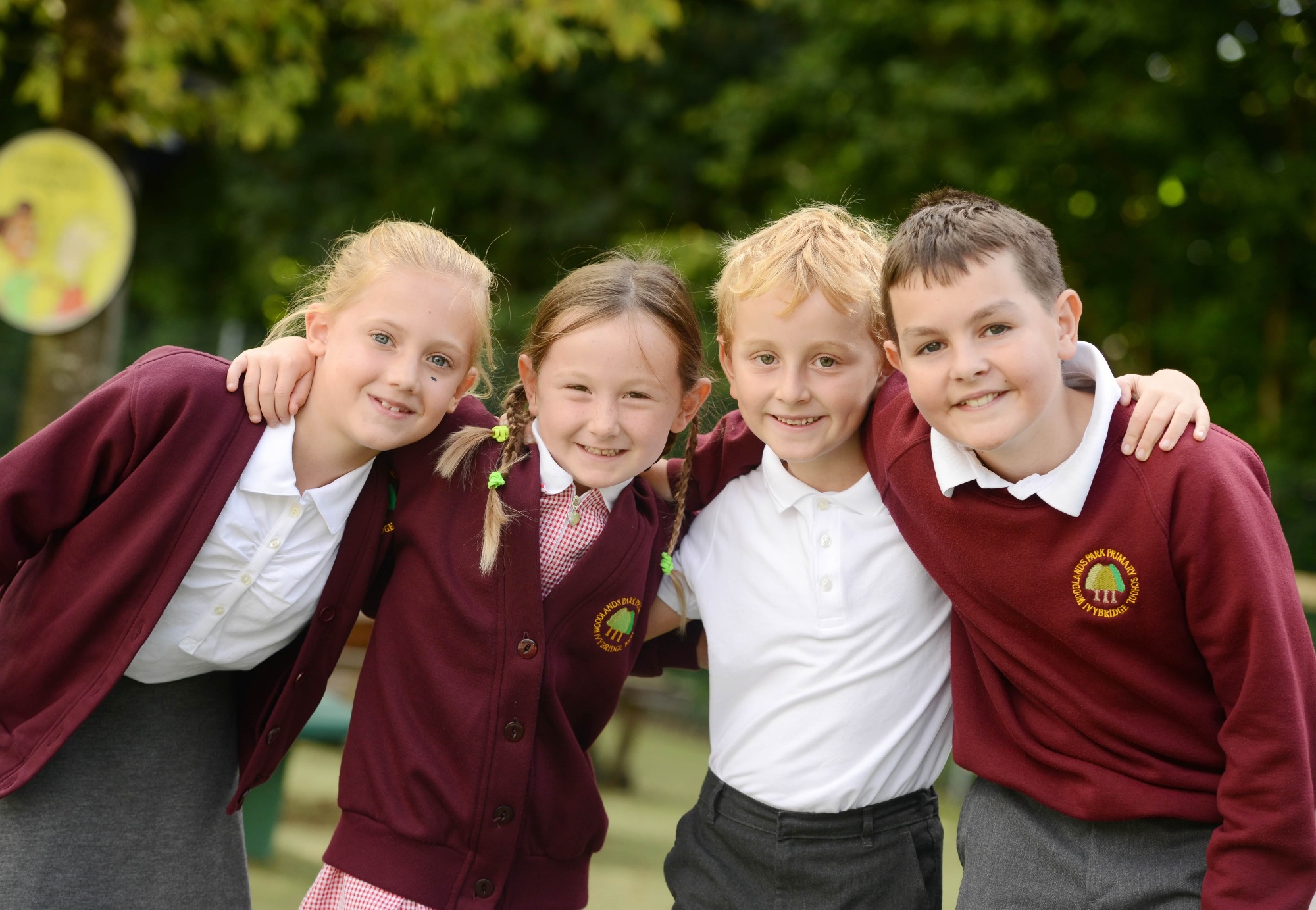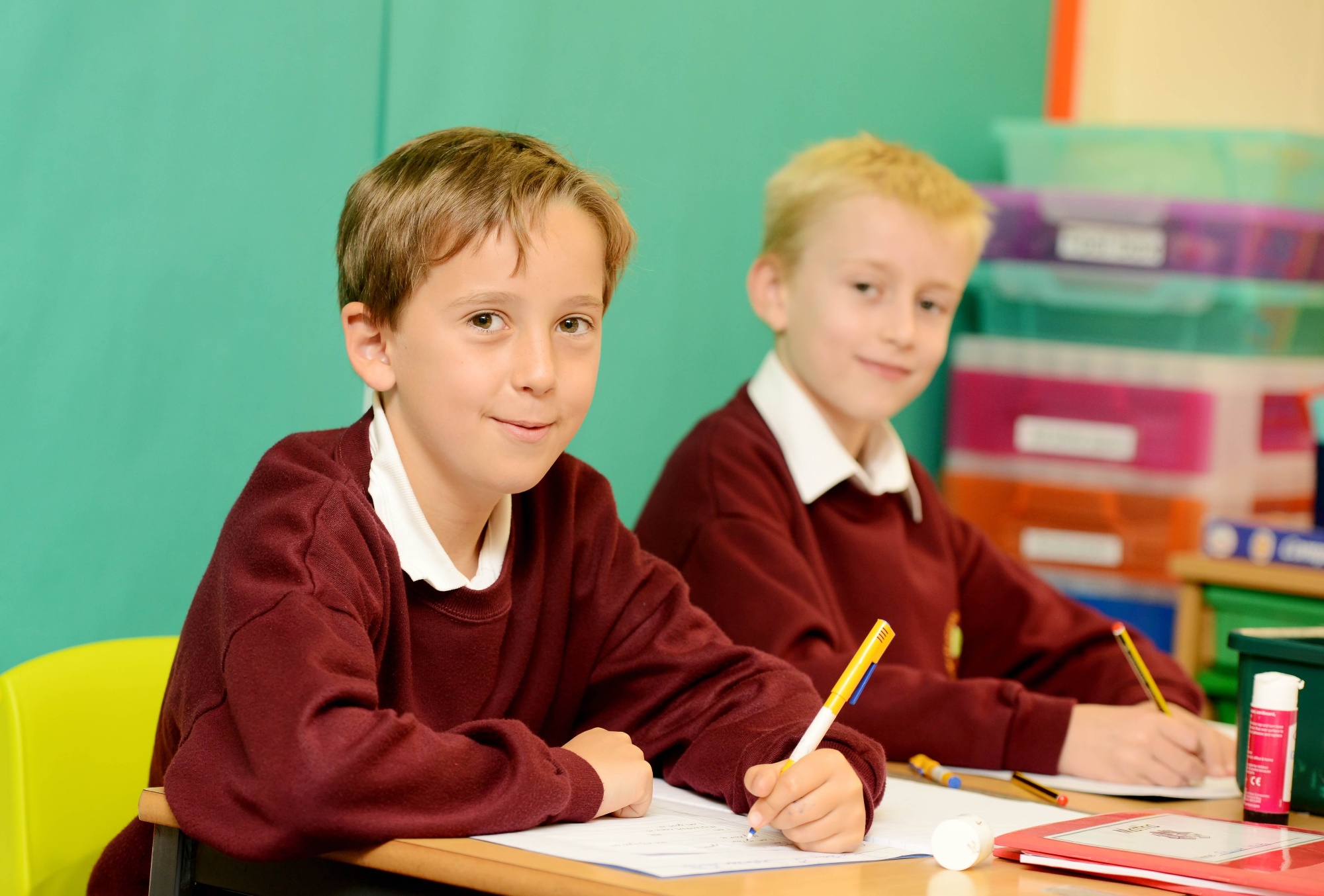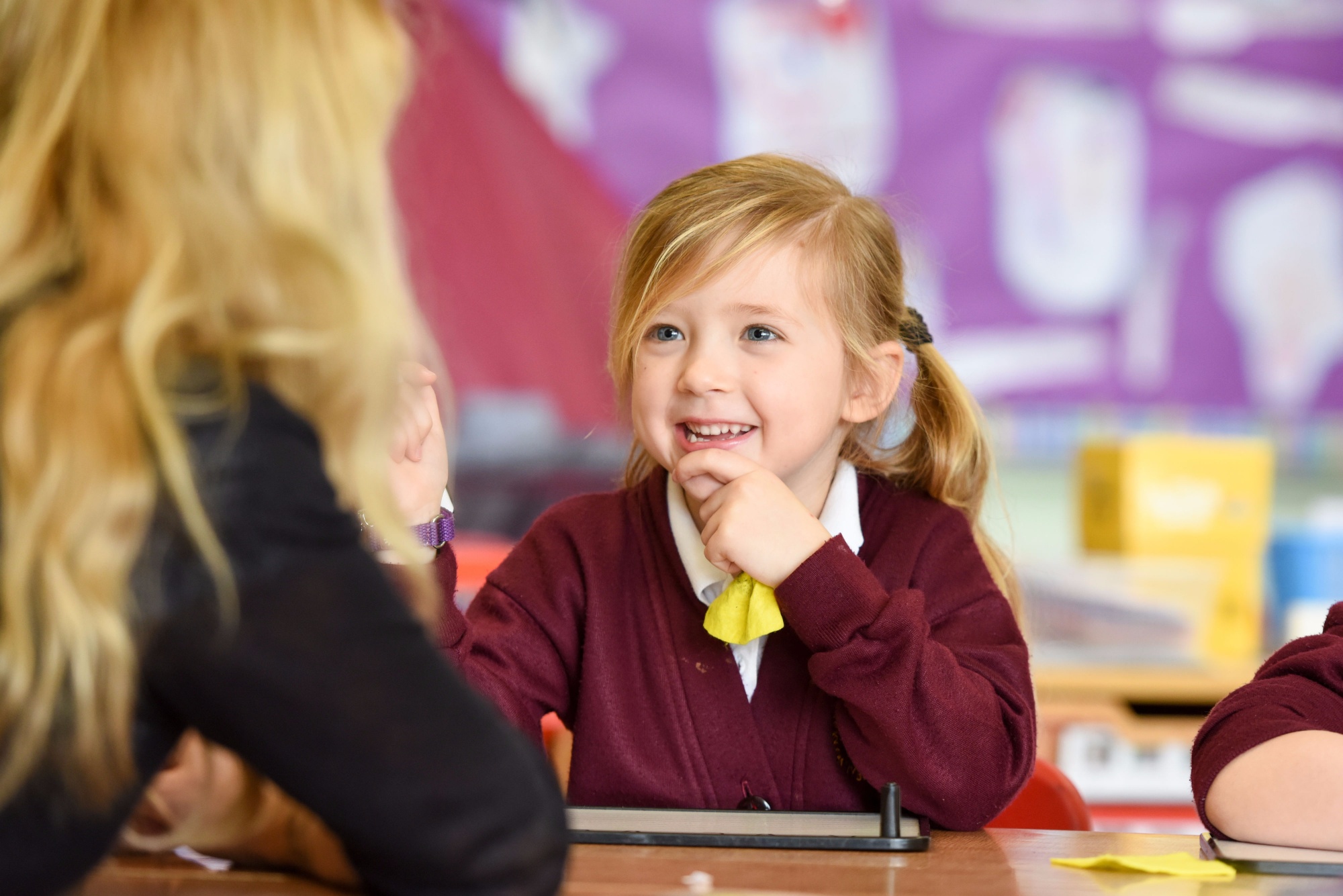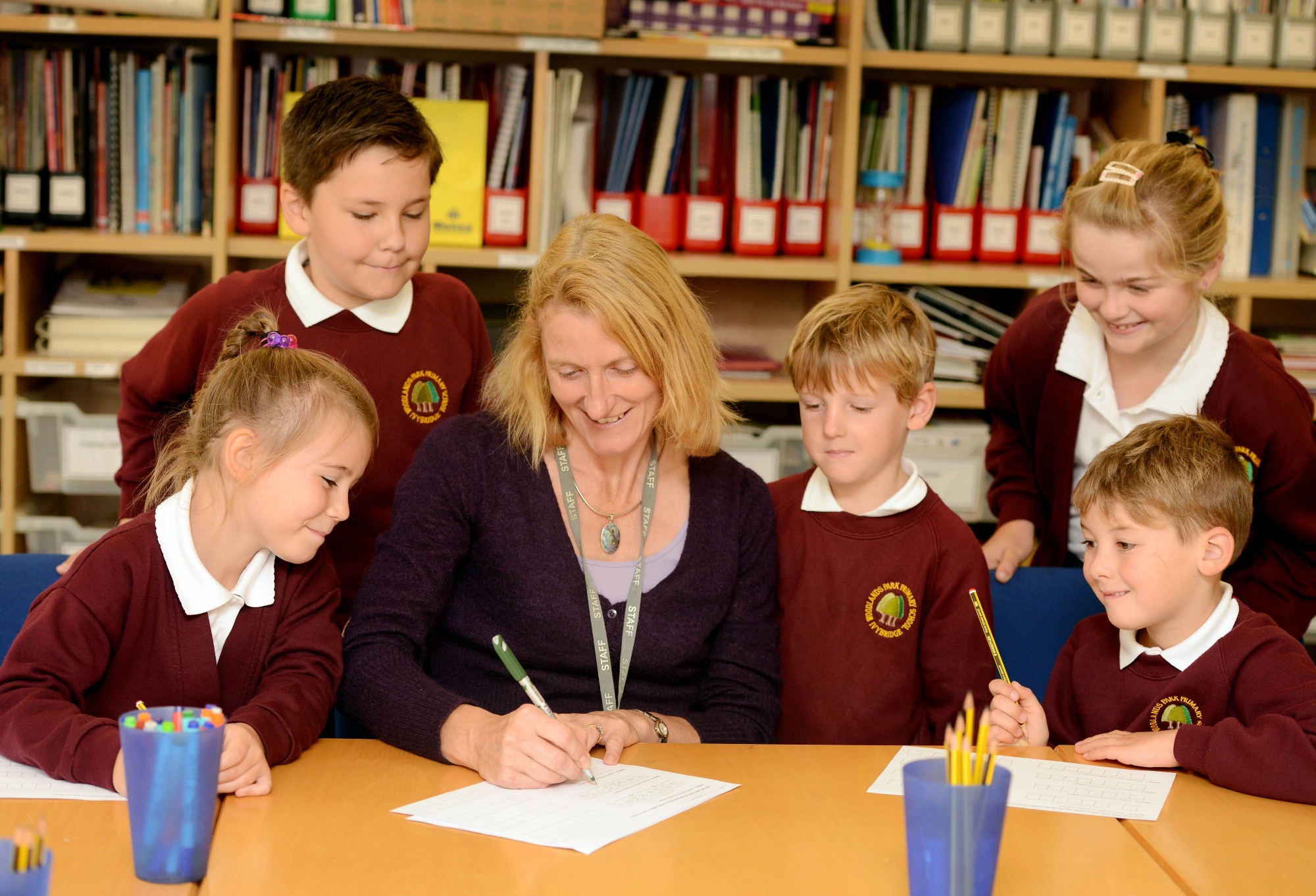Our Curriculum
The Woodlands Curriculum
Learning is at the heart of all we do at Woodlands Park Primary School. Our teaching staff have the highest expectations of what each individual child can achieve and the progress they can make. The National Curriculum guides what it is we teach, while up to date research, including action research and an excellent understanding of how children learn, guides how we teach.
We have drawn upon this knowledge and understanding to produce a challenging and rigorous curriculum that:
- Ensures every child has access to a rich, broad and balanced range of learning opportunities.
- Promotes British Values and Citizenship; spiritual, moral, social and cultural experiences are woven throughout the curriculum to broaden the experiences of our children and support them in understanding their place in our global community.
- Values each child as individuals and supports them in their understanding of positive relationships and knowledge of self through the teaching of PSHE (Personal, Social and Health Education).
- Challenges all learners, supporting them to reach their learning goals and make excellent progress.
- Engages children through building on their interests, ignites their curiosity and allows them to think creatively.
- Provides opportunities for all children to develop basic skills and allows them time to deepen their knowledge and understanding so promoting mastery.
- Enables children to make connections.
- Offers our children first-hand experiences to reinforce their learning and to underpin their growing knowledge, skills and understanding. These experiences may take the form of school visits, visiting groups, outdoor learning opportunities, phase group residential or through the use of ‘immersion’ activities.
‘Teaching children is an accomplishment. Getting children excited about learning is an achievement’. Robert John Meehan
Teaching and Learning
'At the heart of effective learning, there is the impassioned teacher with an expectation of excellence, with the ability to set the pace for pupils and with the knowledge of that magic moment of intervention, which moves youngsters from the unknown to the knowing'.
National Primary Centre
We strive to instill a passion for lifelong learning in the children we teach and our teaching staff model this by constantly taking steps to further develop and improve their practise. Teachers have an excellent knowledge of what each child can do and what their next steps are. Learning is personalised, with pupils being aware of their own targets and specific needs being identified and addressed through targeted intervention and support.
At Woodlands Park Primary School we know that anyone can be a good learner. A good learner is someone who understands that learning is a never ending process that includes, building on prior knowledge, struggle, making mistakes, practise, asking questions and facing and overcoming challenges. They understand the emotional process that goes hand in hand with learning and are able to acknowledge and articulate these feelings appropriately. A good learner is resilient, actively seeks success, while understanding that they may fail initially and knows when and how to ask for help. They are able to work alone and also as part of a group knowing how supportive this can be and valuing others roles within the group.
We want our children to be 'good learners' to enable them to embrace and cope with life's challenges. We want them to be 'good learners' to ensure they are able to be successful and make a positive contribution to the world in whatever they choose to do, achieving a sense of fulfilment along the way. We want them to have the skills needed to actively participate in our democratic society through making informed choices, having the courage to stand up for their own beliefs whilst being able to be empathetic and work successfully with others.
As teachers we support our children to be successful learners through:
- Talking about what makes a ‘good learner’ and giving examples of children showing these skills in our school.
- Supporting children to really understand the key aspects of what quantifies a ‘good learner’ eg unpicking what resilience is and through this giving the children the knowledge of HOW to be a ‘good learner’.
- Having an excellent understanding of what needs to be in place to support ALL children succeed: W-A-R-M-T-H.
- Having a deep understanding of all areas of the curriculum.
- Knowing and understanding HOW children learn through:
- Investigating/enquiring/researching;
- Using expert knowledge and skills;
- Practising;
- Consolidating/making meaning/making links;
- Applying; children need to be able to get to the stage where learning is embedded and innovate in their own way to truly understand something.
- Accurately assessing continually to know what each child knows and understands and clearly identifying the next steps for EVERY child.
- Knowing and supporting ALL children achieve their next step through personalised provision.
- Working with parents as partners, keeping them informed throughout the year of their child’s progress and how they can support their child develop educationally and emotionally.
- Modelling being a ‘good learner’ ourselves: we will constantly be learning and developing our craft.
Our pupils will:
- Have confidence in their own ability to achieve and make progress.
- Expect well planned lessons that employ a variety of teaching strategies to maximise engagement, learning and enjoyment.
- Have a clear understanding of what they are learning and how this fits into the learning sequence.
- Have the opportunity to demonstrate what they have learnt and have the confidence to ask for help, time to practise and self-awareness of when they are ready to move on.
- Know and understand the skills and attitudes that make a successful independent learner, including; understanding of the emotional process of learning, understanding of the necessity of making mistakes, development of resilience, collaboration with peers and adults, and high standards of behaviour.
- Take responsibility for their learning environment and use it as an aid to learning.





